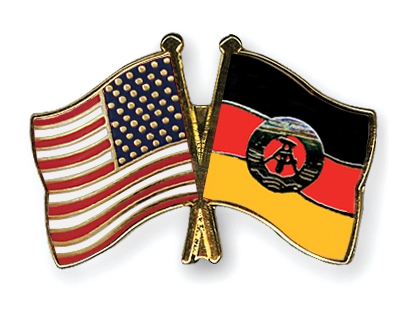“Students don’t live in dormitories and the university exerts no control over a student’s private life.”
Hermann Weyl (German mathematician and philosopher, 1885-1955)

Hermann Weyl left Germany in 1933 to join his friend and colleague Albert Einstein at the Institute for Advanced Studies in Princeton. During his time at Princeton he not only taught theoretical physics; he also lectured on European history and civilization. Here is what else he had to say about student life in Germany before the Nazis took over:

